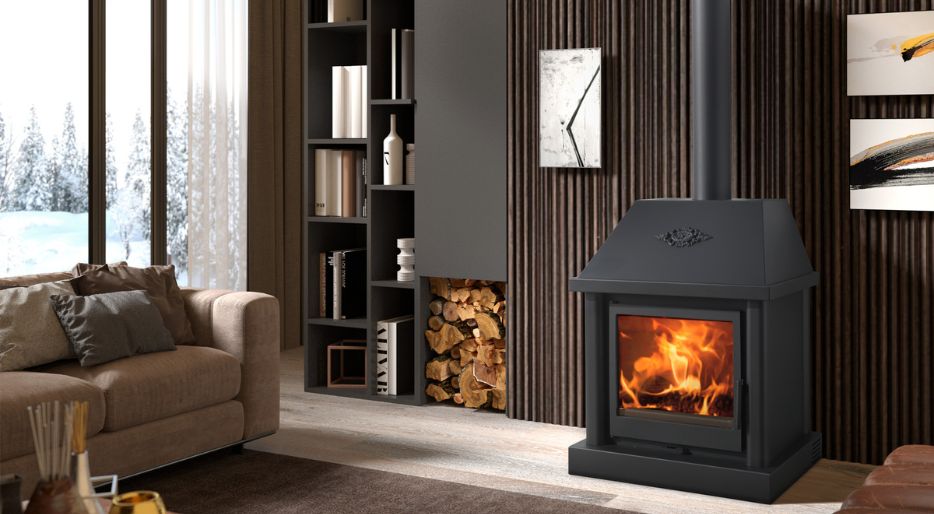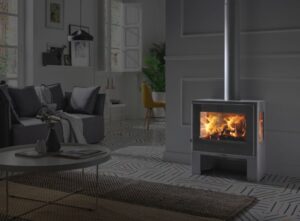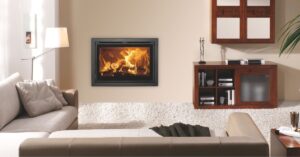
Hygge isn’t a season, it’s a way of being in the world We’ve been taught that fire is only lit when it’s cold.That the wood

As with any heating system, an area is needed where exhaust gases can be expelled. These exhaust gases are formed as a result of combustion and must be removed from the outside of the house as they are toxic to humans.
One of the most important parts when installing a wood-burning fireplace is the flue. The flue is the part of the chimney that is responsible for expelling the smoke to the outside of the house.
At Panadero we want to highlight the importance of a professional chimney or wood stoves for a correct installation.
Making a chimney flue is not an easy task. It is essential to pay attention to all the details, measurements, materials and to have all the necessary tools at hand (ladder, torch, pliers, tape measure, etc.).
Guidelines for making a chimney flue:

It is essential to clean and maintain the chimney pipes and ducts so that dirt does not accumulate. In addition, we recommend that the flue is inspected from time to time to check that it is working properly.
This problem can arise for different reasons and it is important to follow certain checks in order to prevent smoke coming out of the chimney:

The flue must be thermally separated. The cylinders must not be at an angle of more than 45° and must not be pressed down.

If a cylinder is reused, it is important that it is completely clean.
To ensure that combustion vapours escape correctly, it is necessary to clean the flue pipe to avoid soot deposits. Expert chimney sweeps should examine the inside of the chimney once a year. We recommend cleaning the flue pipe before the winter season or after the season.
In the case of using a wood or pellet cooker, make sure you use good quality, dry and resin-free wood. This will allow it to calcine quickly, obtaining high temperatures in a short time and thus, the air will leave the chimney faster.
It is necessary to evaluate the intervention with the advice of an expert technician.
Visit our online fireplace shop here
Articles of interest:
Did you like this article? If so, help us spread the word 😊 . Click on the buttons below and… feel free to share it on your social networks!
Thank you very much!
↓ ↓ ↓ ↓

Hygge isn’t a season, it’s a way of being in the world We’ve been taught that fire is only lit when it’s cold.That the wood

The afternoon of April 28, 2025, will be remembered by many: a total blackout left the entire Iberian Peninsula without power for hours. Trains halted,

Internships make all the difference when it comes to finding a job. Finding a job isn’t easy. But there’s one real, direct and effective path

Wood Stoves: The Warm Heart of Your Home Deserves Special Care. Wood stoves are much more than just a heating system—they are the soul of